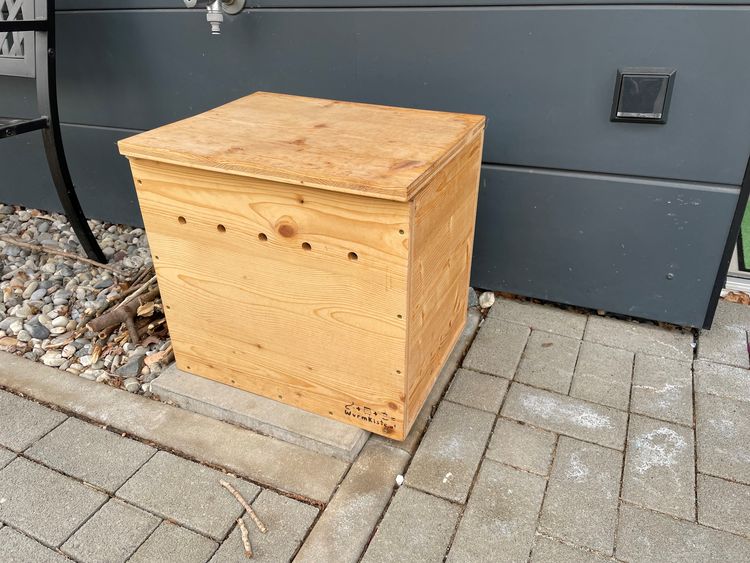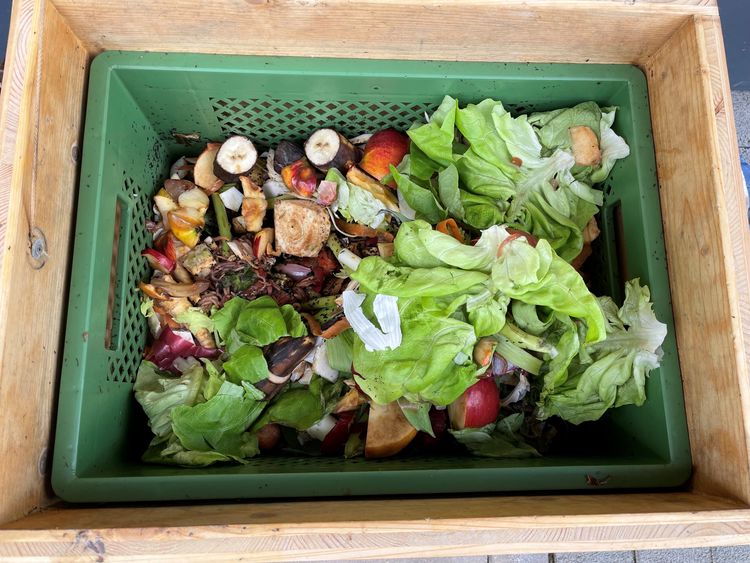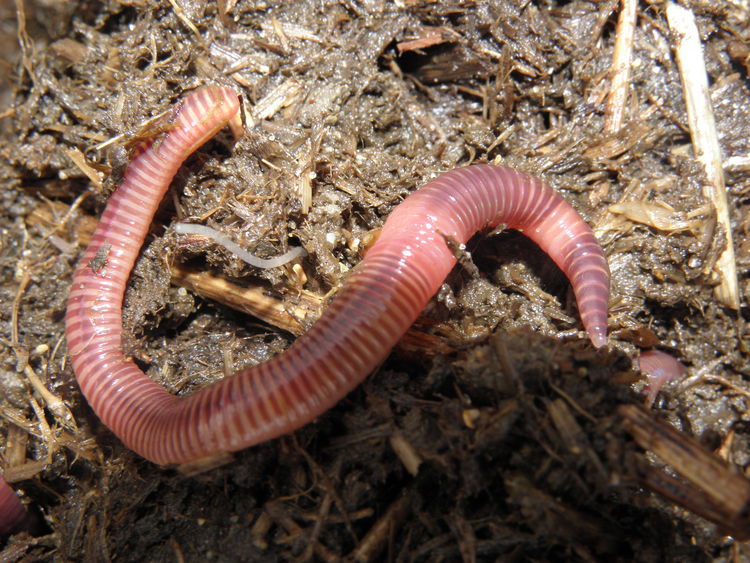Last updated on October 23rd, 2023 at 08:35 pm
Yes, you can fertilize plants with organic waste. Using organic waste as a natural fertilizer is an eco-friendly and sustainable practice that benefits your plants and reduces the amount of waste that ends up in landfills. Here’s how you can do it and the types of organic waste that are suitable for fertilizing plants:
Contents
Types of Organic Waste Suitable for Fertilizing Plants:
- Kitchen Scraps: Fruit and vegetable peels, coffee grounds, eggshells, and other kitchen scraps are rich in nutrients and can be composted or used directly as fertilizer for your plants.
- Garden Debris: Leaves, grass clippings, and plant trimmings from your garden can be composted or used as mulch to enrich the soil and promote healthy plant growth.
- Manure: Well-composted animal manure, such as cow, horse, or chicken manure, is a valuable organic fertilizer. It’s essential to compost or age fresh manure before using it on plants to avoid burning them with excess nutrients.
- Coffee Grounds: Used coffee grounds are an excellent source of nitrogen and can be sprinkled directly on the soil or added to your compost pile.
- Tea Leaves: Used tea leaves and tea bags without staples or synthetic materials can be composted or used to mulch around plants.
How to Fertilize Plants with Organic Waste:
- Composting: One of the most effective ways to use organic waste as fertilizer is to compost it. Composting involves collecting organic waste materials and allowing them to decompose over time, transforming them into nutrient-rich compost that can be added to your garden soil. Compost improves soil structure, moisture retention, and nutrient availability to plants.
- Start a compost pile or bin in your backyard.
- Add a balanced mix of green (nitrogen-rich) and brown (carbon-rich) materials, including kitchen scraps, garden debris, and yard waste.
- Turn the compost pile regularly to aerate it and speed up the decomposition process.
- Once the compost is dark, crumbly, and has an earthy smell, it’s ready to use as a fertilizer for your plants.
- Direct Application: Some organic waste, like kitchen scraps, can be used directly as a fertilizer without composting. Here’s how:
- Kitchen Scraps: Bury kitchen scraps in the soil near your plants, preferably in a designated trench or hole. Avoid burying large quantities in one spot to prevent overloading the soil.
- Coffee Grounds: Sprinkle used coffee grounds around the base of your plants. Coffee grounds can also deter certain pests and improve soil texture.
- Tea Leaves: Add used tea leaves or tea bags (minus any non-compostable components) to the soil around your plants.
- Mulching: Garden debris such as leaves and grass clippings can be used as mulch. Spread a layer of these materials around the base of your plants to help retain moisture, suppress weeds, and slowly release nutrients as they decompose.
- Aged Manure: If you have access to well-composted or aged animal manure, apply it to your garden soil as directed. Make sure the manure has had time to decompose and no longer poses a risk of burning your plants with excess nutrients.
Benefits of Using Organic Waste as Fertilizer:
- Organic waste is rich in essential nutrients that nourish plants.
- Composting organic waste improves soil structure, moisture retention, and aeration.
- Using organic waste reduces the amount of waste sent to landfills, contributing to a more sustainable and eco-friendly approach.
- It’s cost-effective and reduces the need for chemical fertilizers.
- Organic waste can enhance soil fertility, resulting in healthier, more productive plants and a more abundant garden.
In summary, fertilizing plants with organic waste is a practical and sustainable way to enrich your garden soil, promote plant growth, and reduce waste. By utilizing kitchen scraps, garden debris, and well-composted manure, you can create a nutrient-rich, eco-friendly gardening approach that benefits both your plants and the environment.
Fertilize plants with organic waste?
With correct waste separation and recycling, we can reuse many components of the waste and thus protect the environment. You can also recycle your organic waste and make compost from it. In this article, ÖkoLeo tells you what compost is, what it is used for and how you can make it yourself.
When cooking with fresh fruits and vegetables, we usually end up with leftovers that we throw in the organic garbage can. But it can be worthwhile to save the potato or egg shells, the greens of carrots or stale bread. If you collect the leftovers under certain conditions, they develop into so-called compost, a sustainable fertilizer for flowers and plants.
What is compost?
Composting is the oldest recycling process known to man. For example, if you collect old leaves, vegetable scraps or pieces of wood in a pile, microorganisms and compost worms begin to work their way through the various materials. Microorganisms are small animals and cells that cannot be seen with the naked eye.
The microorganisms literally eat their way through the scraps. In the process, they break down the old plants and food into their constituent parts. Plants can then access these components and use them for growth. In this way, compost is a biological fertilizer that provides important nutrients for plants to grow.
Composting is good for the environment for many reasons
Making your own compost not only helps the plants in your garden or on the balcony grow. It also protects the climate. For example, the organic waste does not have to be transported by truck. This consumes fuel during transport and produces exhaust gases.
In addition, healthy plants are important for a stable ecosystem and biodiversity. If the plants are doing well, they attract various animals. Biodiversity in the environment increases. Likewise, healthy plants filter CO2 from the air. CO2, also called carbon dioxide, is a gas that harms our climate.
Even in dry periods, i.e. when there is little or no rain for a long time, compost has a benefit for plants. This is because it can store a lot of water, which the plants can gradually use.
How is compost formed in nature?
In nature, the process of composting is going on all the time. For example, when the leaves of a tree fall to the ground as leaves in the fall and are not cleared away, they rot over time. New soil, called humus, is created. A compost pile works the same way.
Compost needs certain conditions to start the rotting process. For example, if the compost is too dry, the microorganisms cannot work properly. If it is too wet, the compost begins to rot. In both cases, the wrong “climate” prevails in the compost. As a result, parasites or pests can multiply. These harm the plant matter and prevent the process of rotting.
Small worms and big effect
To make your own compost, you usually need a garden and some space. But there are other ways: With a worm bin, you can make your own compost pile even in small gardens, on the balcony or even in your apartment.
Before you start with the project, you should consider whether there are enough plants in your area that you can fertilize with the compost. Too much fertilizer is not good for plants. Like us humans, they can eat too much food and it throws them off balance.
How to build a worm bin
First you need a closed box, preferably made of wood, in which you drill a few holes for ventilation. A proper container for compost is well ventilated and can still keep the necessary moisture inside.

As the bottom layer, it is best to lay out some damp paper. On top of this comes a layer of loose soil, which is then followed by the food scraps.
But what can actually go into the compost? Unprocessed food is best. These are vegetable and fruit scraps and their peels, bread, eggshells, and coffee grounds. But dry lawn clippings, leaves or old soil are also suitable, but only in small quantities. The compost should not contain treated wood, cat litter or diseased plants. These destroy the “climate” in the worm bin. Also cooked or sweet food as well as meat and fish should not go in there. These attract uninvited animals such as mice or other rodents.
Make sure you stack different layers of material. So alternate wetter, small-part waste like food scraps and wet grass with dry, coarse waste like branches or wood.

Now you need special compost worms. These are not to be confused with earthworms. They eat through the organic waste and make compost, which can later be used as fertilizer for plants. You can get the worms for example in a fishing store.

Finally, you should cover the compost with some newspaper so that heat can develop underneath and less moisture escapes. After about two to three months, the humus is ready to be removed. To do this, the worms should be lured to the other side. To do this, you can remove the organic waste and place it on one side of the box. Little by little the worms will move to the waste and after a few days you can remove the humus.
If you do everything right and your compost is neither too dry nor too wet, the worm bin will smell like forest soil. If you have the possibility to make the compost outside, you can also build a box that is open at the bottom. To protect against rodents, you can put a grid on the bottom.


